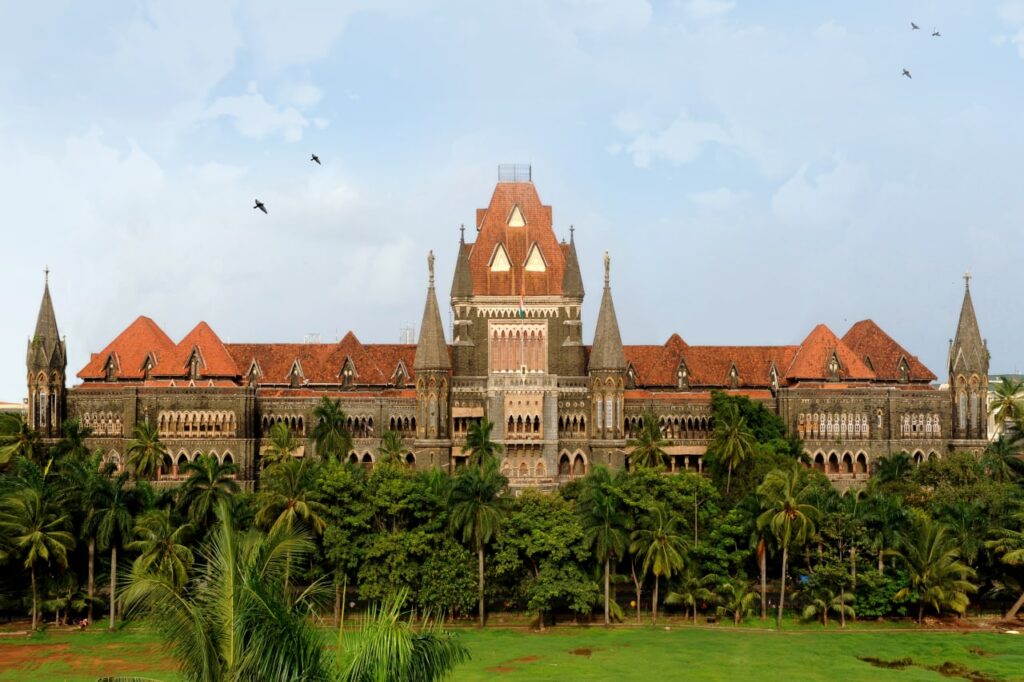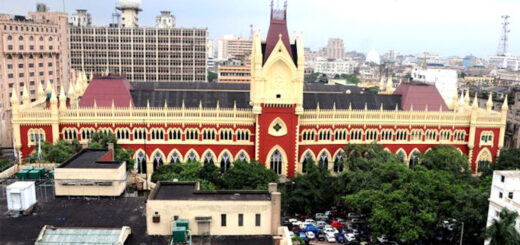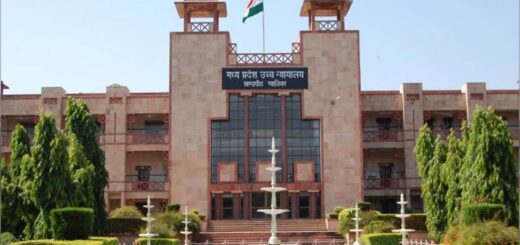The Bombay High Court stated that a reinstatement award is not automatic if a termination order violates Section 25F of the Industrial Disputes Act.

The Bombay High Court confirmed that a termination order made against Section 25F of the Industrial Disputes Act, 1947, can be canceled, but reinstatement is not guaranteed. The Court supported the Labour Court’s decision to grant Rs 30,000 in compensation to a casual worker whose employment was reportedly ended verbally without following the rules of Section 25 of the ID Act. Justice Anil L. Pansare stated, “It is established by many judgments that while a termination order violating Section 25F of the 1947 Act can be annulled, reinstatement is not a given.”
In this case, the petitioner was hired as a Casual Labourer and worked from July 1985 to June 1988. His employment was reportedly terminated verbally in June 1988 without proper procedure, including Section 25F of the Industrial Disputes Act, 1947. The employer claimed the worker was absent without permission starting August 1, 1988. During cross-examination, the petitioner acknowledged working as a Casual Labourer in the railway’s electrification division from January 1987 to July 1988, stating he was not referred by the employment exchange and did not receive any written appointment or termination notice. He denied leaving the job voluntarily. The employer also admitted that no notice was given to the worker regarding his absence.
The CGIT and Labour Court determined that the petitioner had worked for over 240 days in the year before his termination and found no proof that he had quit his job. The requirements of Section 25 of the 1947 Act were not followed before his dismissal. Therefore, the CGIT ruled that the termination was unjustified and illegal. The Labour Court noted that the petitioner’s appointment did not comply with the established rules. Instead of reinstating him, the Labour Court granted him a monetary compensation of Rs 30,000. The petitioner cited the Supreme Court case of Jayantibhai Raojibhai Patel Vs. Municipal Council, Narkhed, which stated that reinstatement is typically expected when a termination is deemed illegal. He also referenced Ranbir Singh Vs. Executive Engineer PWD (2021) 14 SCC 815, which indicated that compensation can be awarded instead of reinstatement in certain situations.
After reviewing several judgments, the Bench noted, “The Hon’ble Supreme Court has not stated that the only choice for lower courts is to reinstate a worker if the termination does not follow legal procedures. It is established that while a termination violating Section 25F of the 1947 Act can be overturned, reinstatement is not guaranteed.” The Bench concluded that the appellant had found other employment after his termination, as he admitted during cross-examination that he was working as Casual Labour, similar to his previous job with the respondent.
The Bench supported the Labour Court’s decision, stating, “Given the facts presented, the Labour Court decided to provide compensation of Rs. 30,000/- rather than reinstatement or back wages. This decision follows established legal principles and is a reasonable conclusion. Thus, there is no need for interference in writ jurisdiction.” The Bench dismissed the petition and instructed the petitioner to pay Rs. 5,000 to the Bar Library, High Court Bar Association, Nagpur within four weeks.
Cause Title: Shri Sharad S/o Madhavrao Mohitkar vs The Chief General Manager [Neutral Citation: 2024:BHC-NAG:11900]
Appearance:
Petitioner: Advocate S. A. Kalbande
Respondents: Advocates U. R. Tanna and Dr. (Mr.) R. S. Sundaram









